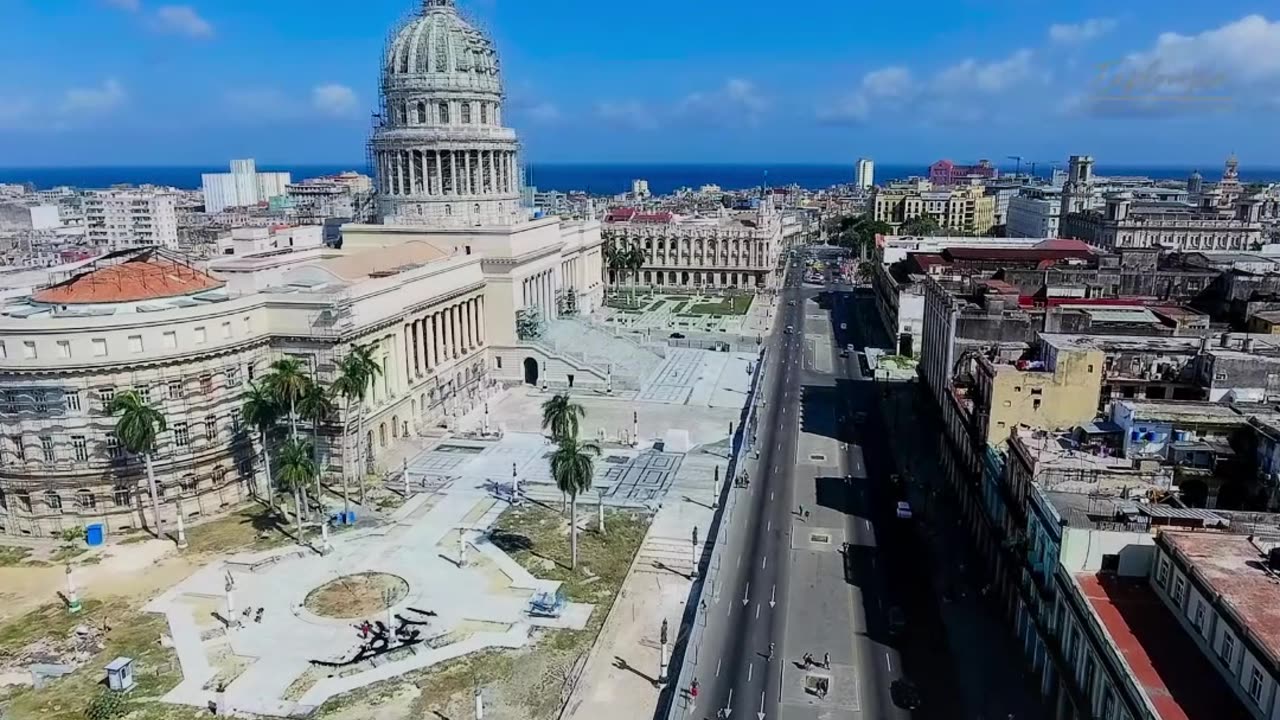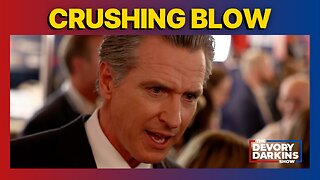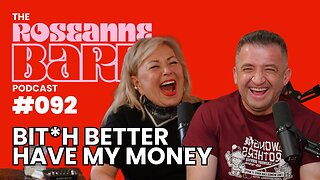Premium Only Content

Cuba History 4k
Cuba has a rich and complex history that spans centuries, from its indigenous inhabitants to its colonial past, revolution, and modern-day politics. Here is an overview of key events and periods in Cuba's history:
Pre-Columbian Period: Before the arrival of Christopher Columbus in 1492, Cuba was inhabited by indigenous peoples such as the Taíno and Guanahatabey. These populations were decimated by diseases brought by the Spanish, as well as forced labor and violence.
Spanish Colonial Period: Cuba was officially claimed for Spain by Columbus during his first voyage to the Americas. The island became an important Spanish colony, and Havana, its capital, was founded in 1515. Cuba became a major center for sugar production, using African slave labor, and served as a crucial link in the Spanish Empire's transatlantic trade routes.
Wars of Independence: In the late 19th century, Cuba experienced a series of wars of independence against Spanish colonial rule. The most significant of these was the Ten Years' War (1868-1878) and the Cuban War of Independence (1895-1898), led by figures like José Martí and Máximo Gómez. The latter conflict gained international attention and led to the involvement of the United States.
Spanish-American War: The sinking of the USS Maine in Havana Harbor in 1898 provided a pretext for the United States to intervene in the conflict. As a result of the Spanish-American War, the Treaty of Paris was signed in 1898, which ceded Cuba to the United States. Cuba gained independence from the U.S. in 1902, though it maintained close ties with its northern neighbor.
Early 20th Century: The early 20th century saw political instability and authoritarian rule in Cuba, with figures like Fulgencio Batista playing significant roles. The Great Depression and the sugar industry's decline had a profound impact on the country.
Cuban Revolution: In 1959, Fidel Castro and his revolutionary forces overthrew Batista's regime in a successful revolution. This event marked the beginning of communist rule in Cuba. Castro's government established close ties with the Soviet Union, leading to the Cuban Missile Crisis in 1962.
Cold War Era: Cuba became a focal point of Cold War tensions, with the U.S. imposing economic sanctions and an embargo on the island nation. Cuba aligned itself with other communist countries, and the U.S. made several unsuccessful attempts to overthrow the Castro regime.
Post-Soviet Era: After the collapse of the Soviet Union in 1991, Cuba faced severe economic challenges due to the loss of Soviet support. This period, known as the "Special Period," brought about economic hardship and increased rationing of basic goods.
Recent Developments: In the 21st century, Cuba began implementing some economic reforms to open up its economy, while maintaining the one-party communist system. There were also efforts to normalize relations with the United States under President Barack Obama, although these efforts faced setbacks in subsequent years.
Cuba's history is characterized by its struggle for independence, the impact of the Cuban Revolution, and its unique position in the geopolitics of the Cold War. The country has a distinct culture, with a blend of Spanish, African, and indigenous influences, and its history continues to shape its present-day political and economic landscape.
-
 LIVE
LIVE
G3T
2 hours ago🔴GET | not saying it
51 watching -
 15:35
15:35
DeVory Darkins
8 hours ago $2.14 earnedGavin Newsom drops CRUSHING BLOW on Democrats
6.1K47 -
 LIVE
LIVE
Etheraeon
5 hours agoPUBG: Battlegrounds | Total Bot Domination
113 watching -
 LIVE
LIVE
House of Jacobs
1 hour agoElden Drinks - Drunk Souls Series
88 watching -
 LIVE
LIVE
BubbaSZN
4 hours ago🔴 LIVE - SPIDER-MAN 2 - PART 3
118 watching -
 1:43:06
1:43:06
Roseanne Barr
2 days ago $46.24 earnedBit*h Better Have My Money W/ Michael Malice | The Roseanne Barr Podcast #92
125K148 -
 LIVE
LIVE
Damysus Gaming
2 hours agoHunt: Showdown - First Play Through - Zombies, 1800s Shooter Extract??! LFG
33 watching -
 2:17:25
2:17:25
TheItalianCEO
2 hours agoFortnite will keep me sane
8.72K2 -
 LIVE
LIVE
Solar Dolphin
3 hours ago $0.48 earnedSea of Thieves lets go stack loot.
56 watching -
 1:01:19
1:01:19
Candace Show Podcast
1 day agoWho Is Controlling RFK Jr.? | Candace Ep 167
135K430